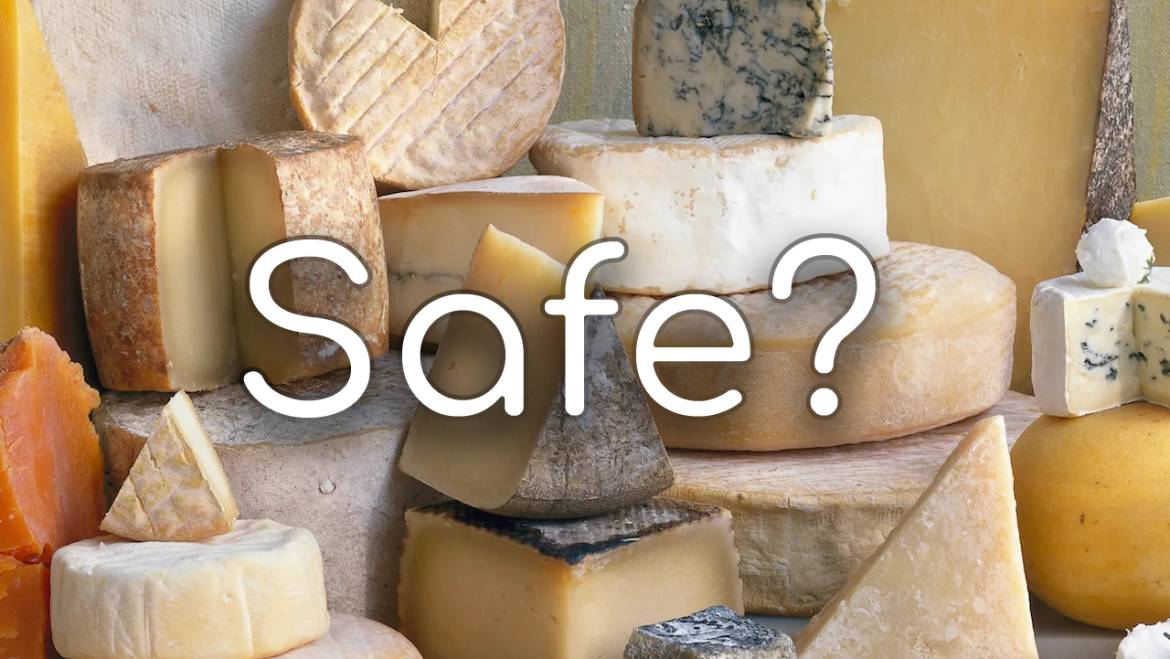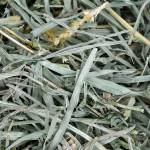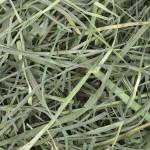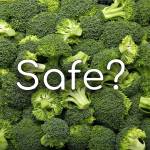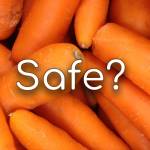Chinchillas are cute and fluffy little rodents that make great pets for many people. However, it can be tricky to know what they can and can’t eat. One common question that many chinchilla owners have is whether or not chinchillas can eat cheese. While cheese may seem like a tasty treat for humans, it is important to consider whether it is safe and healthy for your furry friend. In this article, we will explore the topic of chinchillas and cheese, looking at both the potential risks and benefits.
Can Chinchillas Eat Cheese?
While cheese may not be toxic to chinchillas, it is not recommended to feed it to them. Cheese is high in fat, protein, and salt, which can all be harmful to a chinchilla’s health if consumed in large quantities. However, some chinchilla owners may be tempted to give their furry friend a small taste of cheese as a treat or for variety. In this section, we will take a closer look at the potential risks and benefits of feeding cheese to chinchillas.
The Risks of Feeding Cheese to Chinchillas
As mentioned earlier, feeding cheese to chinchillas can pose several risks to their health. One of the biggest risks is digestive issues. Chinchillas have a delicate digestive system that is optimized for a diet consisting mainly of hay and other plant-based foods. Feeding them high-fat or high-protein foods like cheese can cause digestive problems like diarrhea or constipation. This can be especially dangerous for young or elderly chinchillas, as they are more susceptible to health problems.
Another risk of feeding cheese to chinchillas is obesity. Cheese is high in calories and fat, which can lead to weight gain if consumed in excess. Chinchillas that are overweight or obese are more likely to develop health problems like heart disease, diabetes, and respiratory issues. It is important to monitor your chinchilla’s weight and body condition, and avoid feeding them high-fat foods like cheese.
Cheese is also high in salt, which can be harmful to chinchillas’ kidneys if consumed in large quantities. Chinchillas are prone to kidney problems, and a diet that is too high in salt can exacerbate these issues. In addition, cheese can also cause dental problems for chinchillas. Their teeth are constantly growing, and they need to chew on roughage like hay to wear them down. Feeding them soft, cheesy foods like cheese can cause their teeth to overgrow, leading to dental problems.
Healthy Alternatives to Cheese for Chinchillas
While cheese may not be a healthy choice for chinchillas, there are plenty of other foods that are safe and nutritious for them to eat. Some healthy alternatives to cheese for chinchillas include:
- Hay: Chinchillas should have unlimited access to hay, which is a great source of fiber and helps keep their digestive system healthy.
- Pellets: Chinchilla pellets are specially formulated to meet their nutritional needs, and should make up the bulk of their diet.
- Fresh Vegetables: Chinchillas can eat a variety of fresh vegetables, such as kale, spinach, and carrots. However, it is important to introduce new foods slowly and in small quantities to avoid digestive issues.
- Timothy Hay-Based Treats: If you want to give your chinchilla a treat, there are plenty of timothy hay-based options available that are safe and healthy for them to eat.
While cheese may seem like a tasty treat for chinchillas, it is not a recommended part of their diet. Cheese is high in fat, salt, and protein, which can lead to a variety of health issues if consumed in large quantities. Instead, chinchillas should be fed a diet that consists mainly of hay, pellets, and fresh vegetables. If you want to give your chinchilla a treat, there are plenty of healthy options available that are safe for them to eat. By following these guidelines, you can help ensure that your chinchilla stays happy and healthy for years to come.

